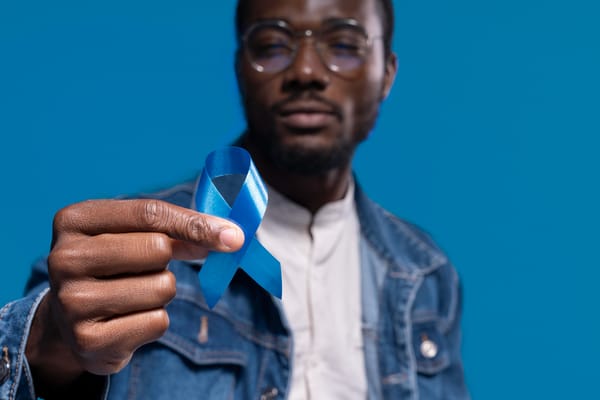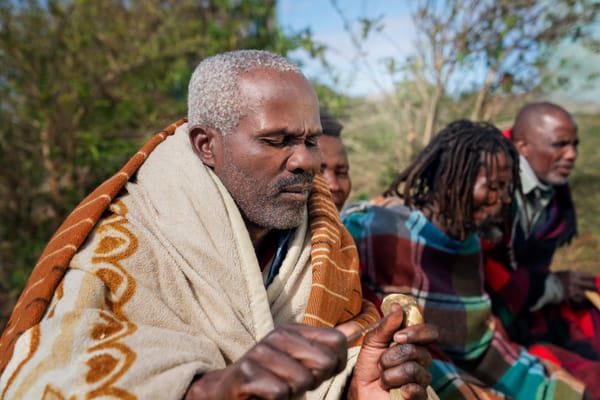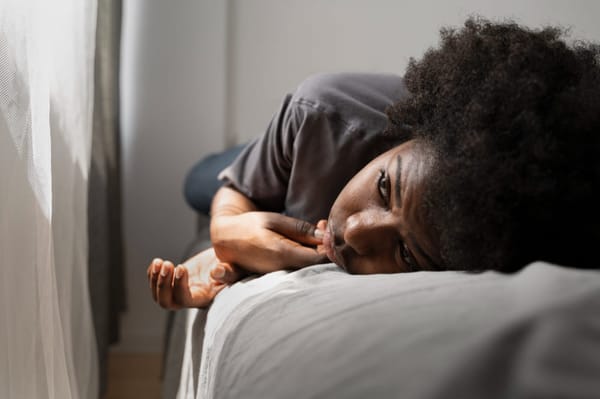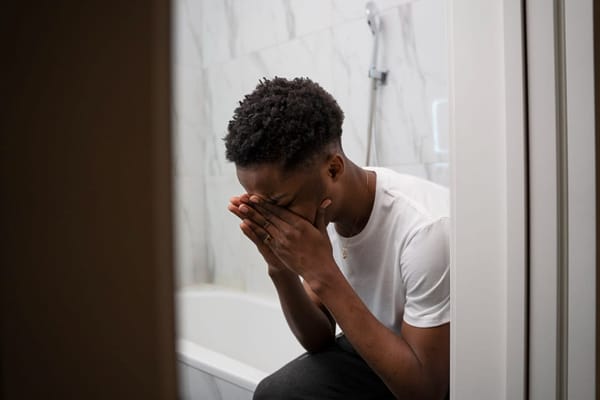Empowering Voices, Ending Violence: A Call to Protect Our Students
For most people, a school is a place of learning and friendship, a stepping stone towards realizing one’s dreams and ambitions. To some of us, it is the place, a constant reminder of the painful memories of the experiences we try hard to forget, the unconsented sexual touches, the sexualized nicknames, memories that made going to class feel like a childhood battleground and not a safe haven.
Let me tell you, Maina, I’ve been there. I’ve walked those hallways. Felt the weight of silence pressing down, questioning my worth, wondering why it happened to me, and wishing someone would understand the invisible struggles I carried daily. But I was silent. Like so many others, I was too afraid, too ashamed and too alone to speak up.
From bullying to inappropriate advances by peers or authority figures, lest I forget the systemic biases, all of which foster a hostile and unsafe environment in learning institutions affecting vulnerable groups, especially female students, and creating significant barriers to their educational success. Gender-based violence in schools isn’t just an isolated issue; it’s a pervasive crisis. The painful experiences are often silenced by fear, shame, and inadequate support. The effects go far beyond physical harm. cutting deep affecting mental well-being, and self-worth, and leaving scars that shadow our every footstep, even long after we leave the school grounds.
I remember the fear of speaking out, the fear of worrying that no one would believe me or that I’d face blame instead of support. I know I’m not alone, many women and girls feel invisible, voiceless, or like our pain doesn’t matter. But here’s the truth: it doesn’t matter, and the law is on our side. The Kenyan Constitution is clear in Article 28: “Every person has inherent dignity and the right to have that dignity respected and protected.” This means that our right to feel safe and respected in school is non-negotiable.
Education should heal, not harm. Education is a right powerful tool meant to empower and uplift, not diminish. Yet the question remains; how do we ensure schools institutionalize safe spaces for the growth and development of the leaders of tomorrow? Because gender-based violence in the school setting only creates barriers to learning and denies students this fundamental right. When violence enters these spaces, it threatens not only education but also confidence, mental health, and self-worth.
For me and for many others, school should have been a place of possibility, not fear. The law supports this right to safety: under Kenya’s Children Act, every child deserves protection from abuse and the Sexual Offenses Act criminalizes harassment and exploitation. Schools, teachers, and communities are obligated to uphold these rights, making education free from harm.
Let’s create safe spaces for all. If you’re reading this and have felt the same fear or pain, know that you’re not alone. You deserve safety, support, and healing. As we observe the 16 days of activism, let’s call on the education system to ensure learning institutions make student safety a priority not only through policy but through action.
When we protect each other, we create safer learning environments and transform pain into a powerful call for change. Together, we have the power to break the silence, dismantle the barriers, and create a future where every learner walks into their institution feeling safe, valued, and ready to learn. Let’s foster open dialogue, strengthen policies, and hold institutions accountable. We are working towards systems where safety is not just a right but a reality.
As we reflect on the theme of this year's 16 Days of Activism, "Empowering Voices, Ending Violence," let us remember that change begins with each of us. Every story shared, every voice raised, and every action taken brings us closer to a world where institutions are spaces of respect, dignity, and possibility.
This movement is not just about stopping violence—it’s about transforming pain into power, fear into courage, and silence into a loud, unwavering call for change. Together, we can ensure that the next generation experiences education as a safe and empowering journey, one that nurtures their potential without harm.
Empowering voices, ending violence—it’s a promise to protect, a commitment to act, and a vision for a future where every student is free to learn, grow, and thrive.
Let our stories spark change.
Bevaline Akinyi- RHNK Youth Advocate



